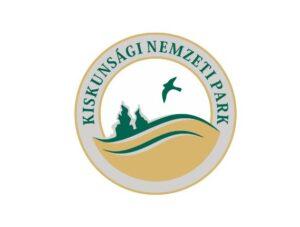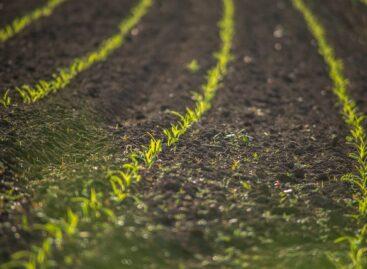The Kiskunság National Park Administration has renovated the Izsák-Páhi native animal farm
The National Park Administration of Kiskunság spent more than HUF 400 million on the renovation of the Izsák-Páhi native livestock farm, as well as the purchase of equipment and machinery.

Mónika Kiss, head of the ecotourism and environmental education department of the Kiskunság National Park Directorate (KNPI), told MTI: the aim of the seven-year project is to maintain the indigenous livestock that manage the grasslands and lakes of the Upper Kiskunság and the Kolon lake was the creation and development of infrastructure.
The investments were realized with more than HUF 436 million in European Union support
Tractors, front-end loaders, disc mowers, direct seeding machines, balers, weeders, copper mowers and windrowers were purchased, among other things, for the management of fields connected to the areas and habitats maintained with agricultural methods for nature conservation purposes. During the implementation of the project, the Izsák-Páhi indigenous livestock farm, which is home to the breeding of Hungarian gray cattle and Furioso-North Star, was renovated in recent years. The barn building was painted inside and out, its roof and tin plating were repaired, and its windows and doors were replaced. The horse stalls were also renovated and drainage around the building was created. They also strengthened the roof structure of the goulash shelter and replaced the electrical wiring. In the meantime, the old stall, which could no longer be renovated, was demolished, a new carriage house was built, a mobile corral system was acquired, and new electric herder systems were also installed in the pastures next to the animal farm. The head of the department emphasized: they play a decisive role in the gene preservation activities carried out by breeding the Hungarian domestic buffalo, the Hungarian gray cattle and the Furioso North-Star – Mezőhegyes half-blood horse. By maintaining the herds of native domestic animal breeds, the goal of gene preservation and the task of nature conservation management through grazing are fulfilled together.
The directorate has been involved in the breeding of Hungarian gray cattle and its utilization for nature conservation purposes since the mid-1990s, when it was given the task of further breeding the stock with a long history and high genetic value. Among the old domestic animal breeds, the gray cattle was the first to be protected as a first-class gene reserve, a purebred herd that is domestically bred, tied to the domestic landscape, and sufficiently separated from other breeds. The head of the department reminded: the Furioso-North Star breed was declared a national treasure in 2004. Due to its low number of individuals – this means around 500 breeding mares and 80 breeding stallions – it is classified as a protected native animal species.
The Kiskunság National Park Administration started breeding the breed in 2009, when they entered the Furioso-North Star National Horse Breeding Association with two mares. The primary purpose of keeping their current horse herd of 52 animals is to carry out land management tasks and breed the Furioso-North Star breed, preserve its genetic material, and breed it based on classic Mezöhegyes principles.
MTI
Related news
Agricultural vocational training also places great emphasis on irrigation development
🎧 Hallgasd a cikket: Lejátszás Szünet Folytatás Leállítás Nyelv: Auto…
Read more >Related news
Nestlé to sell remaining ice-cream assets but commits to Froneri venture
🎧 Hallgasd a cikket: Lejátszás Szünet Folytatás Leállítás Nyelv: Auto…
Read more >40 secure jobs, sustainable solutions – new BURGER KING® in Csepel
🎧 Hallgasd a cikket: Lejátszás Szünet Folytatás Leállítás Nyelv: Auto…
Read more >









